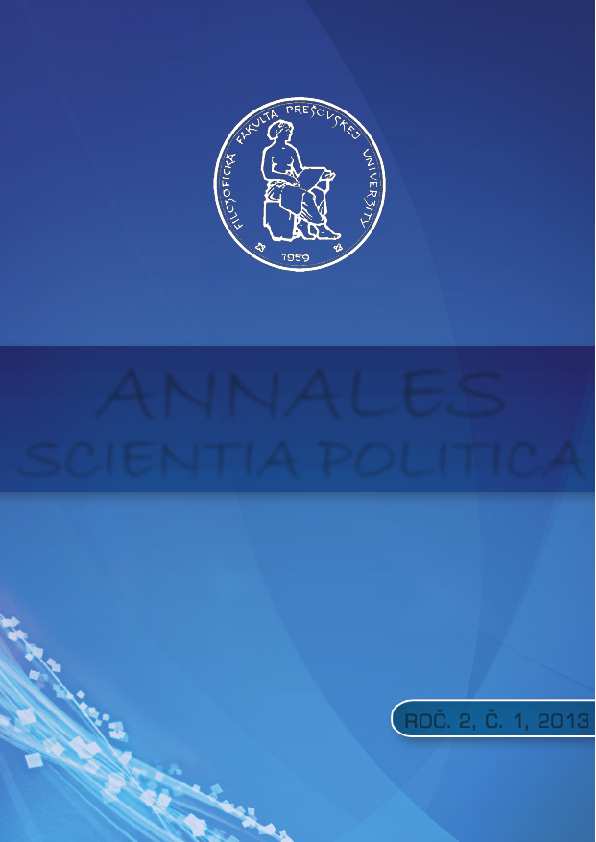Evropa po 20 letech od vyhlášení institutu evropského občanství
Europe 20 years after publication of a European citizenship
Author(s): Jaroslav VencálekSubject(s): Politics and society, EU-Approach / EU-Accession / EU-Development
Published by: Prešovská univerzita v Prešove, Filozofická fakulta, Inštitút politológie
Keywords: Amsterdam Treaty;European citizenship;Genius loci;Genius regionis;Maastricht Treaty;Territorial identity
Summary/Abstract: On the 1st November 1993, the Treaty on European Union, known as the Maastricht Treaty, entered into force. Thus, institution of European citizenship was introduced for the first time. Every citizen with the citizenship of any member state became a citizen of the European Union. The resulting civil rights were later deepened by the Amsterdam Treaty. During the past twenty years the perception of human identity itself has changed due to globalization. It is no wonder that at the beginning of the 21st century the importance of citizenship in context of identity is not appreciated. This study outlines what needs to be done to make European citizenship provide to citizens of member states of the European Union much more than what is apparent from their legal anchoring. The author proceeds from the assumption that European citizenship is closely linked with civil territorial identity. Its strengthening broadens possibilities of participation of people in public life and thus contributes to the development of civil society. The stronger one perceives genius loci (genius regionis) and the human connection with the space, the greater is his ability and willingness to be open to the world.
Journal: Annales Scientia Politica
- Issue Year: 2/2013
- Issue No: 1
- Page Range: 4-9
- Page Count: 6
- Language: Czech

